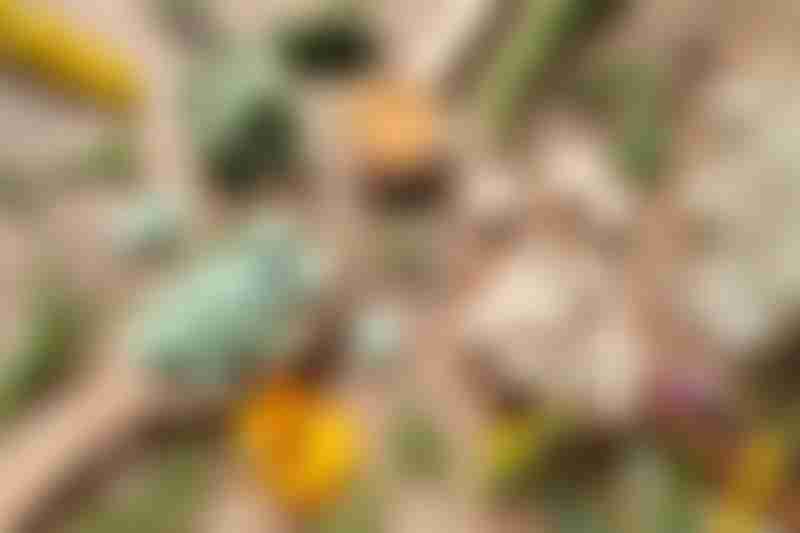The Truth About Herbal Supplements for Liver Health and Cancer Care

The use of some herbal supplements for liver health is rooted in traditional practices, such as Traditional Chinese Medicine (TCM) and Ayurveda. Source: Shutterstock.
In recent years, many products have claimed to improve liver health or repair a damaged liver. These claims even extend to conditions like liver cancer. Many of these products are herbal remedies and natural supplements rooted in traditional practices, such as Traditional Chinese Medicine (TCM) and Ayurveda.
While widely used, the question remains: how effective are they? It is essential to understand their potential benefits and limitations, especially for individuals with liver cancer. This article explores popular natural products and their marketed claims.
Considerations for liver cancer patients
Liver cancer patients often have impaired liver function. The liver is a critical organ responsible for processing nutrients, toxins, medications, and supplements. Introducing remedies without proper guidance from a doctor may cause more strain to the liver. It may worsen liver function instead of providing relief.
Cancer care sometimes incorporates complementary, alternative and integrative medicine (CAIM) therapies that use natural or herbal products. People consume these remedies either in their original herbal form or as concentrated extracts containing active ingredients.
While popular, they should be approached with caution:
- Always consult your doctor before using any herbal or natural product. This helps avoid toxic effects and harmful interactions with cancer treatments.
- Source products from reputable providers to ensure safety. Unregulated natural products may contain contaminants such as heavy metals, harmful toxins or residues from pesticides and industrial pollutants.
Herbal supplements for liver health—do they work?
Turmeric
Turmeric is often marketed as a powerful liver detoxifier and anti-cancer agent, thanks to its active compound, curcumin. Many products claim that turmeric or curcumin can help cleanse the liver. They say it reduces toxin buildup and slows the cancer progression. However, while some studies suggest anti-inflammatory and antioxidant benefits, evidence supporting its effectiveness in liver cancer patients remains limited.
Milk Thistle
Milk thistle contains silymarin, which is said to protect liver cells from toxins. Some also claim that it enhances liver function and helps repair damaged tissue. Manufacturers often promote milk thistle supplements as a natural preventive measure against liver cancer. While early research shows some benefits, more studies are needed to confirm its effects on liver cancer.
Green tea extract
Green tea extract is frequently promoted as a liver detoxifier for its rich content of antioxidants, particularly catechins. Some believe these compounds reduce inflammation, fight free radicals and protect liver cells from oxidative stress. Moderate consumption of green tea is generally safe. However, long-term use of high-dose extracts may damage the liver in some people.
Ginseng
Ginseng is a staple in TCM, celebrated for improving "qi" — the vital energy believed to flow through the body. The potential benefits of taking ginseng include enhancing stamina, supporting the immune system and promoting longevity.
Modern marketing often portrays ginseng as a holistic way to boost energy levels. It is also said to support the body during cancer treatments. While its health benefits are promising, ginseng may interact with medications and potentially cause liver injury.
The bottom line
Natural products like turmeric, milk thistle, green tea extract, and ginseng are popular for their liver health claims. But there is insufficient evidence supporting their effectiveness in liver cancer patients. These products should not replace conventional medical treatments.
- Natural does not necessarily mean safe.
- Diet alone does not cure cancer.
It’s important to remain cautious when considering consuming herbal supplements for liver health. Always consult with your doctor or medical team before trying new products. They are the best resource for making informed decisions about your health.